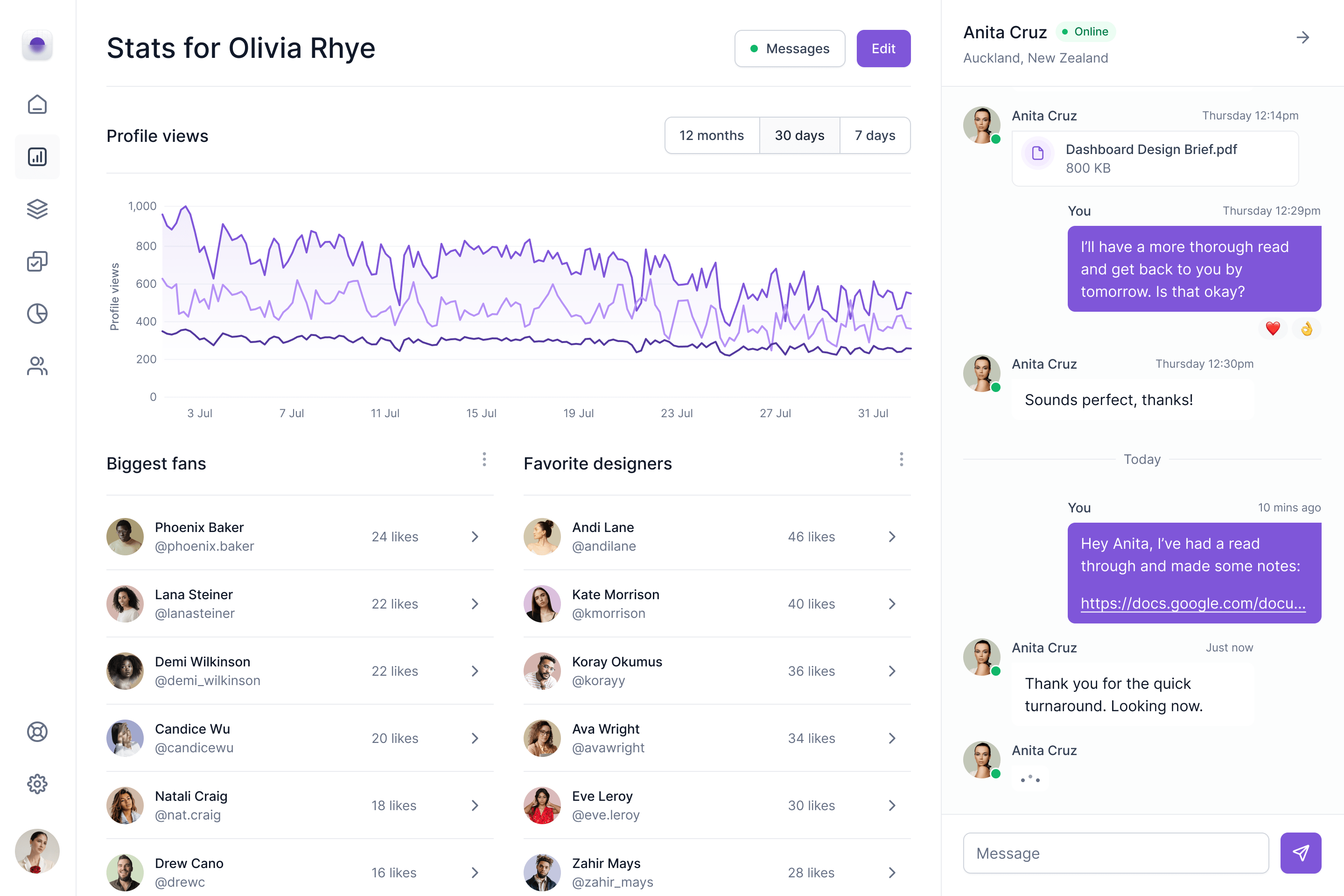AI-powered data migration

COVER Media Solutions
In an era where insurers are under pressure to modernise, one of the most stubborn hurdles has been the migration of decades-old policy data into new digital platforms.
For many carriers, this is the critical bottleneck in transformation programmes, often consuming enormous amounts of time, budget, and resources. According to Kali Bagary, VP of Business Development for Africa and Nordics at Sapiens, artificial intelligence is changing that reality, de-risking complex migrations, cleaning and enriching data, and opening doors to new revenue opportunities.
AI takes the grind out of migration - “Data migrations have always been complex, especially in long-term insurance where policies can stretch back 30 years or more,” Kali explained. “The problem is that data gets old, it’s not always updated, and traditional manual mapping and cleansing is both time-consuming and risky.”
Sapiens has developed AI models that automate much of this heavy lifting for long-term insurance. These models map existing data structures, identify missing or inconsistent information, cleanse and augment records, and even build transformation rules to prepare data for the target system.
“It’s not a hundred percent solved,” he admitted, “but AI is now doing 70 to 80% of the groundwork. That means reduced cost, reduced risk, and significantly shorter project timelines.” By cutting the duration of migration projects, insurers avoid having data migration stuck on the critical path of large transformation programmes.
Beyond migration - The benefits don’t stop at faster delivery. Clean, structured, and accurate data enables insurers to unlock new value once legacy systems are retired.
“Eliminating technical debt and decommissioning old platforms reduces operational costs almost immediately,” Kali noted. “But more importantly, cleaner data allows insurers to drive cross-selling and upselling, identify churn patterns, and design more tailored propositions.”
This capability makes the long-discussed idea of a “next best product” a practical reality. Whether identifying a client’s gap in life cover, recognising a vehicle upgrade, or spotting an opportunity for complementary products, insurers can use data to expand wallet share while delivering more relevant offers to customers.
Bridging digital journeys across products - Another persistent challenge has been creating seamless digital experiences across multiple product lines. “Insurers are trying to build portals that cut across all products a client may have, short-term, long-term, even mortgages,” said Kali, “but with different systems, different formats for basic data like names or IDs, and logic duplicated in multiple places, it becomes complex and expensive to maintain.”
"It’s not a hundred percent solved, but AI is now doing 70 to 80% of the groundwork. That means reduced cost, reduced risk, and significantly shorter project timelines."





